Russia’s corporate landscape is a mix of state-owned giants and dynamic private companies. While the state-owned enterprises dominate key sectors like energy and defense, private businesses are increasingly playing a significant role in the economy.
State-Owned Giants
State-owned companies are a major force in the Russian economy, often controlling strategic sectors and playing a crucial role in shaping the country’s economic and geopolitical policies. Some of the most prominent state-owned companies include:
- Gazprom: One of the world’s largest natural gas companies, Gazprom controls a significant portion of Russia’s gas exports.
- Rosneft: A major oil company, Rosneft is a key player in Russia’s energy sector.
- Sberbank: Russia’s largest bank, Sberbank provides a wide range of financial services to individuals and businesses.
- Rostec: A state corporation responsible for the development, production, and export of high-tech industrial products for civilian and military purposes.
Private Companies
While state-owned enterprises dominate certain sectors, private businesses are also making significant contributions to the Russian economy. Some of the most prominent private companies in Russia include:
- Lukoil: A major oil company, Lukoil is one of the largest privately-owned oil companies in the world.
- Magnit: A leading Russian retail company, Magnit operates a large network of supermarkets and hypermarkets.
- X5 Retail Group: Another major player in the Russian retail sector, X5 Retail Group owns and operates supermarkets and hypermarkets under various brands.
- Yandex: A technology company that provides a range of internet services, including search, e-commerce, and transportation.
Challenges and Opportunities for Russian Companies
Russian companies face a number of challenges, including:
- Geopolitical Risks: Geopolitical tensions and international sanctions can significantly impact the operating environment for Russian companies.
- Corruption and Inefficiency: Corruption and bureaucratic hurdles can hinder business operations and increase costs.
- Economic Volatility: The Russian economy is susceptible to global economic fluctuations and commodity price shocks.
However, Russia also offers significant opportunities for businesses. The country’s vast natural resources, skilled workforce, and growing consumer market provide fertile ground for growth and innovation.
As Russia continues to integrate into the global economy, its companies will need to adapt to changing market conditions and compete with international players. By embracing innovation, improving corporate governance, and mitigating risks, Russian companies can thrive in the 21st century.

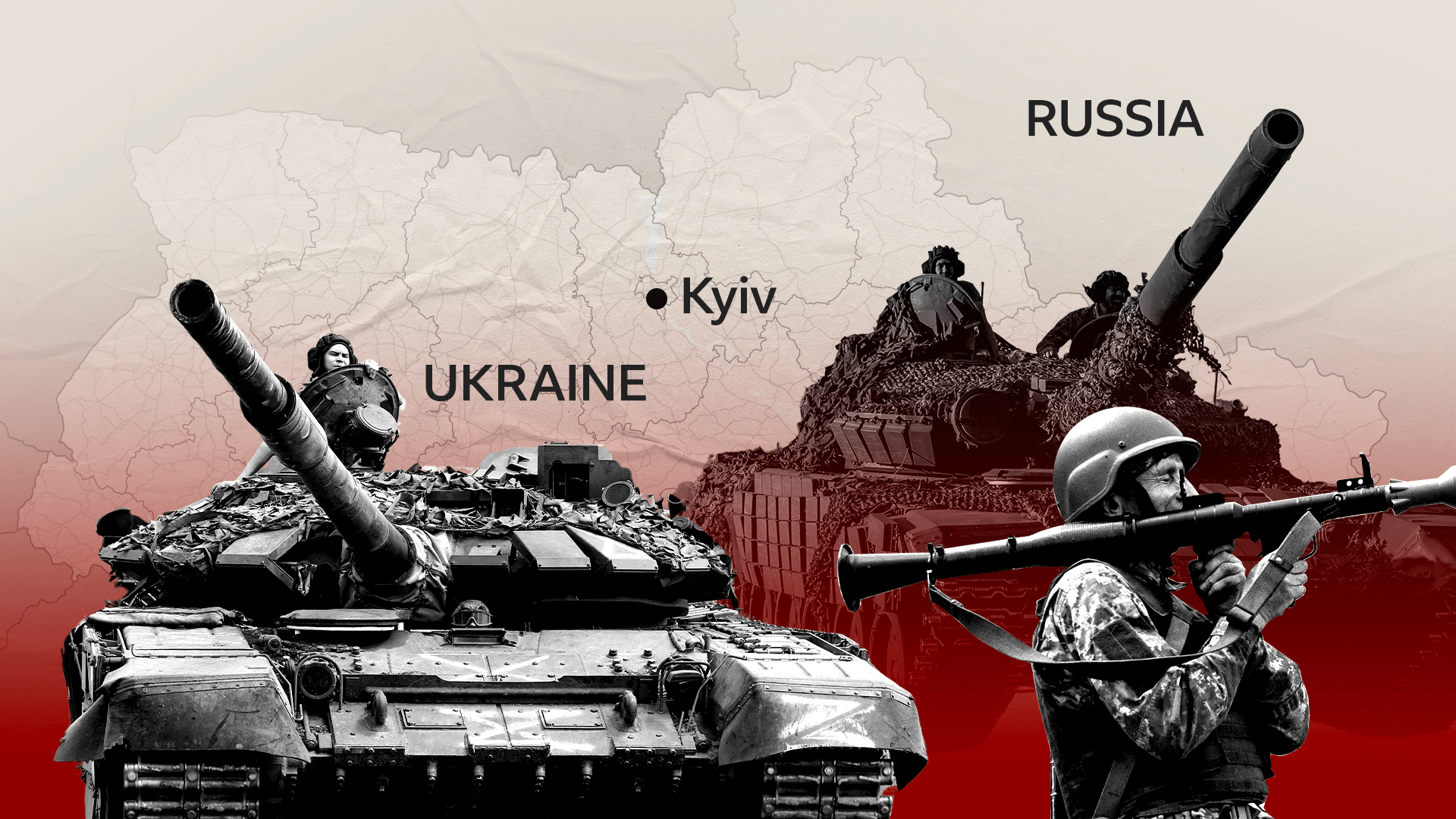
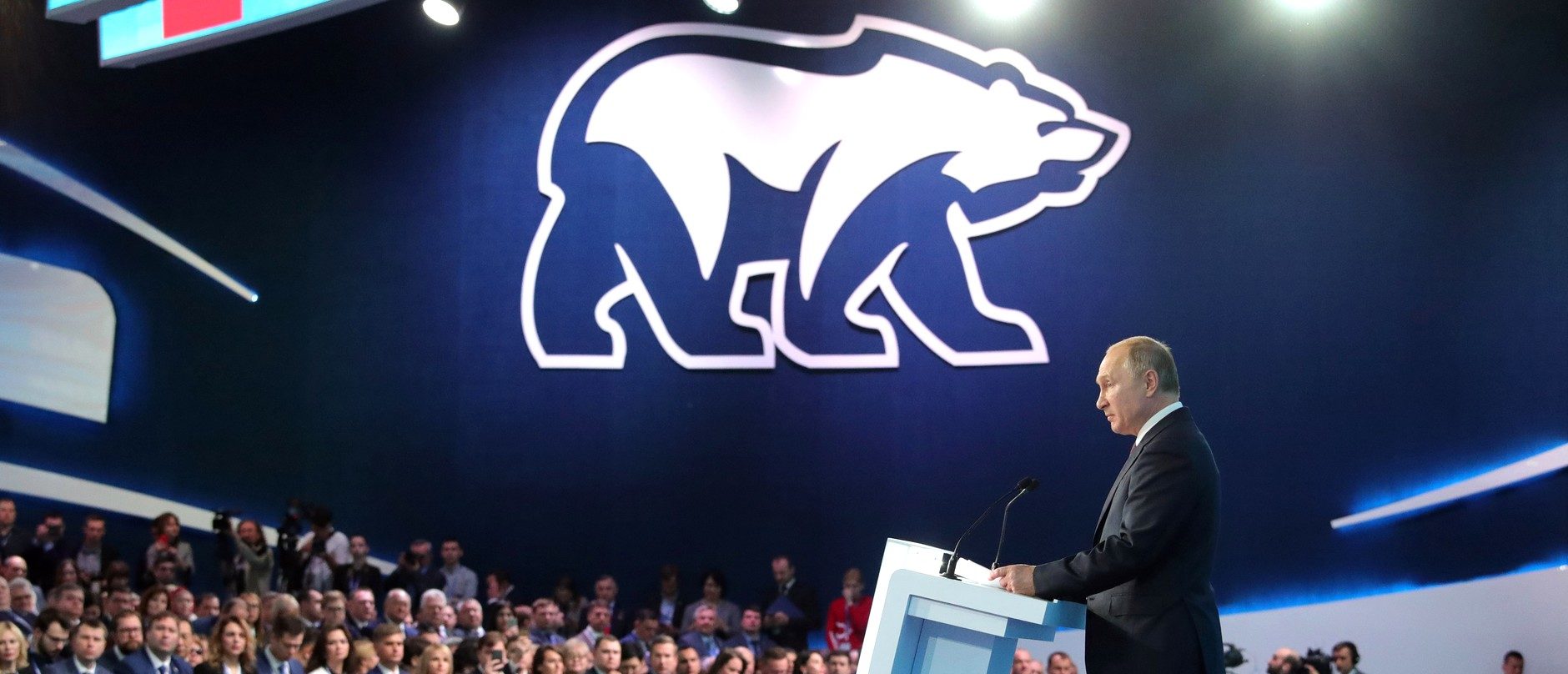
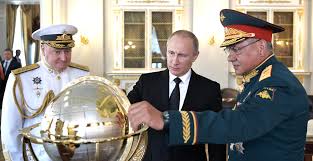

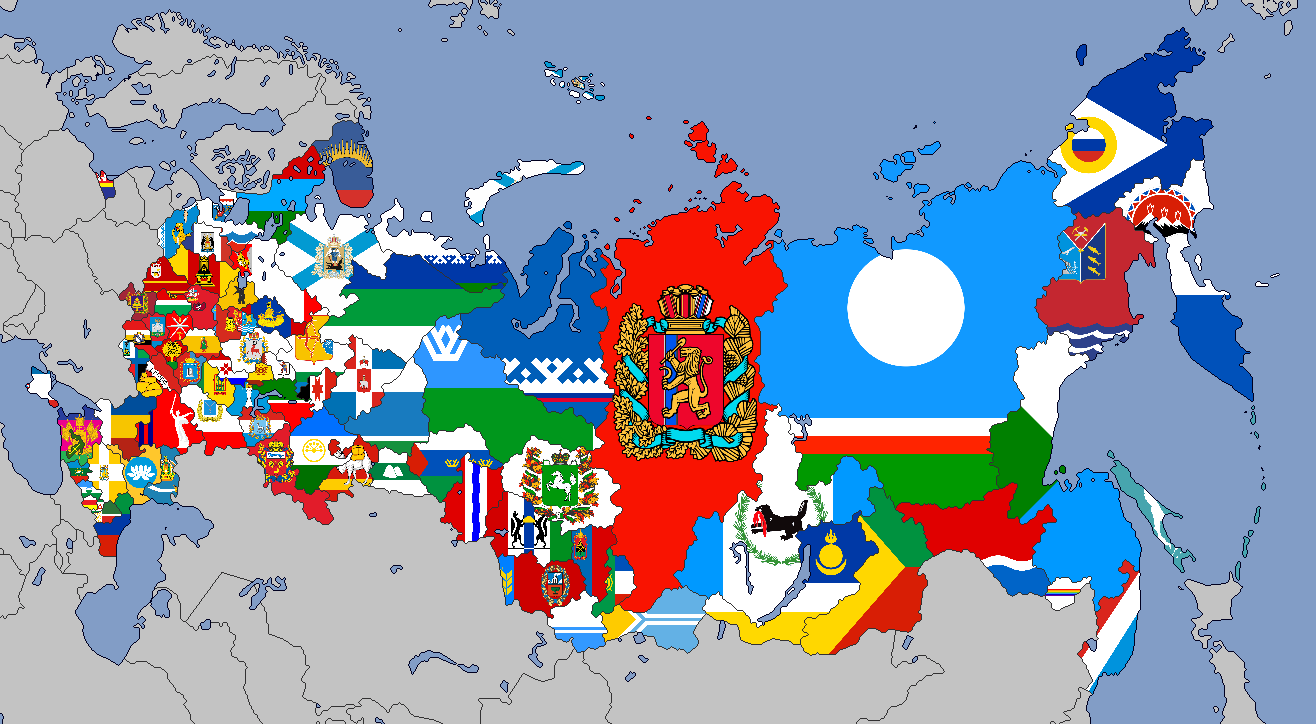
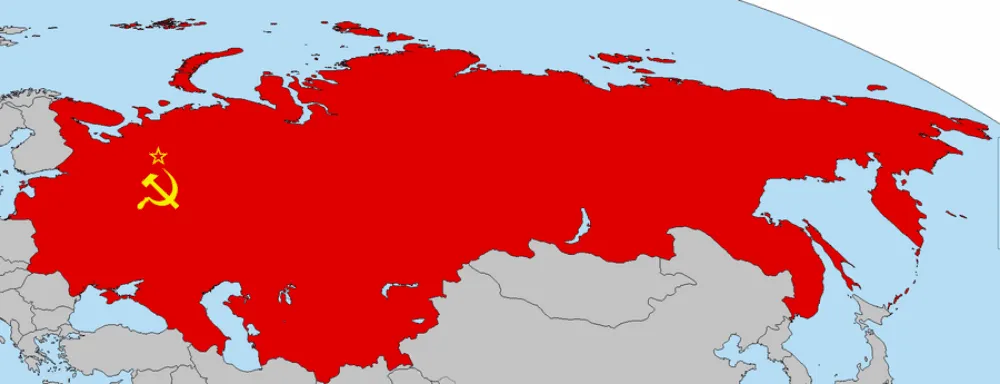
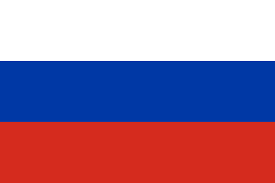
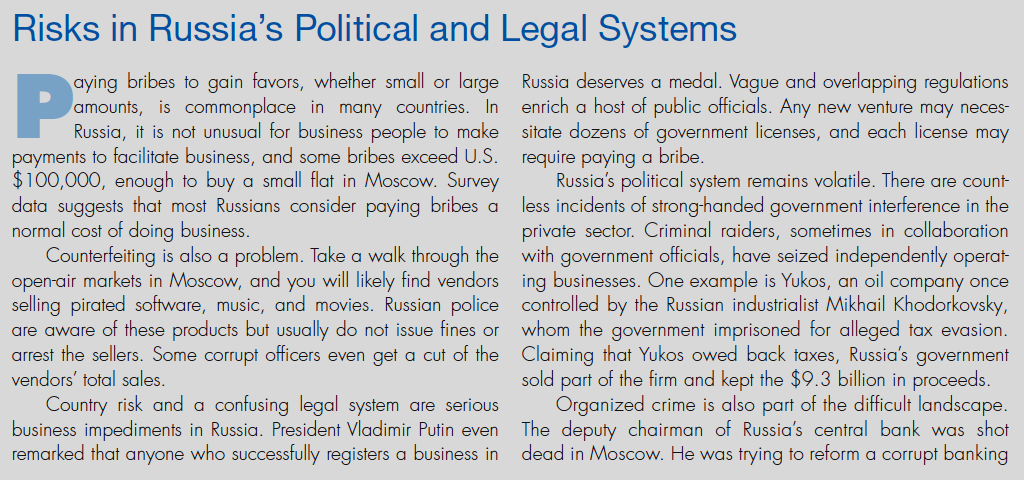

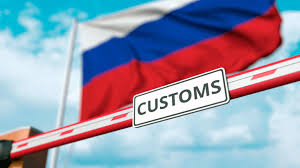
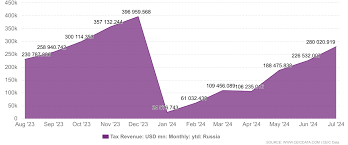
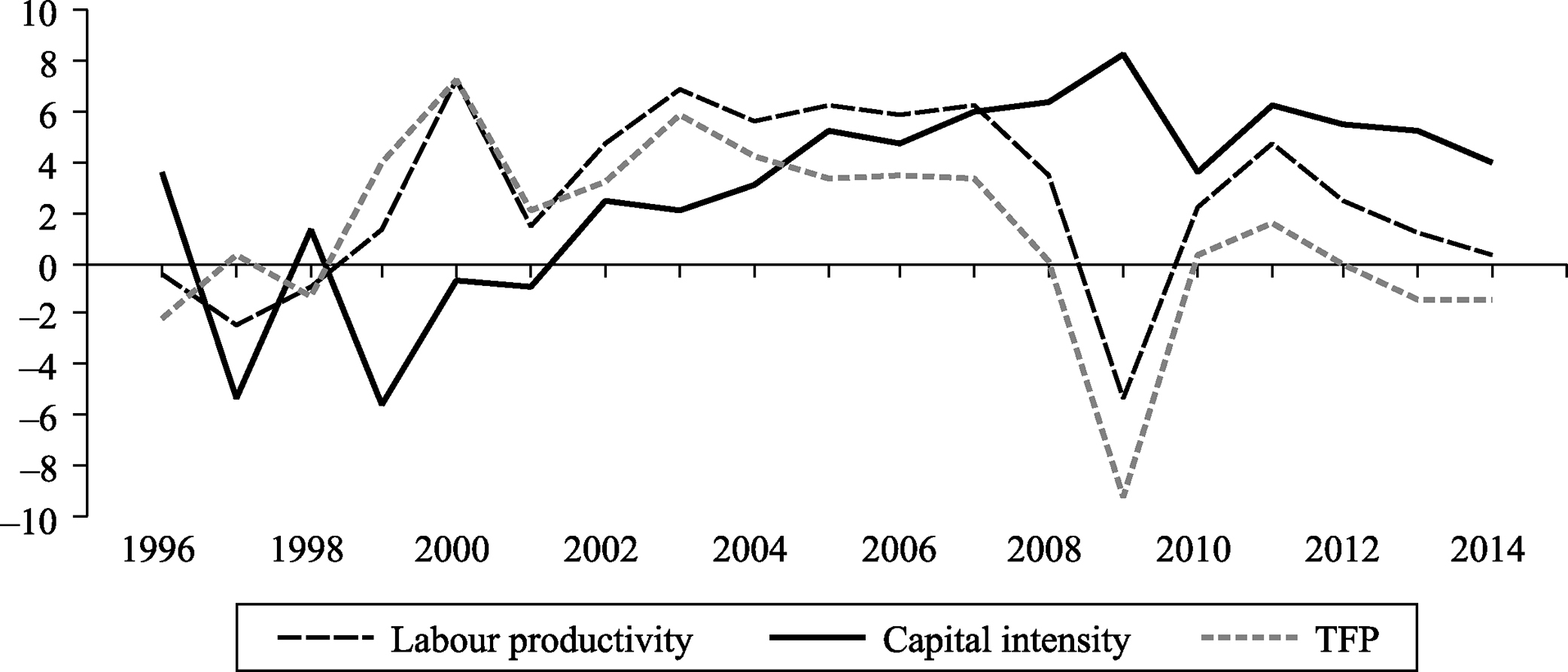
Leave a Reply